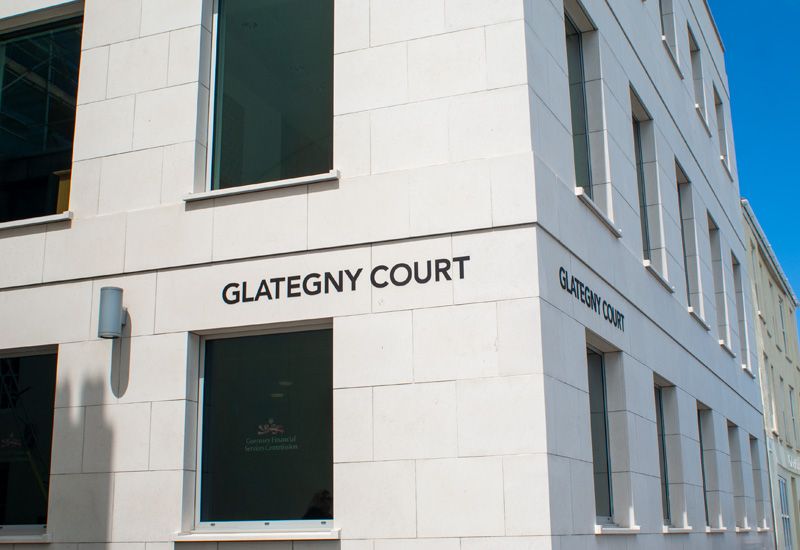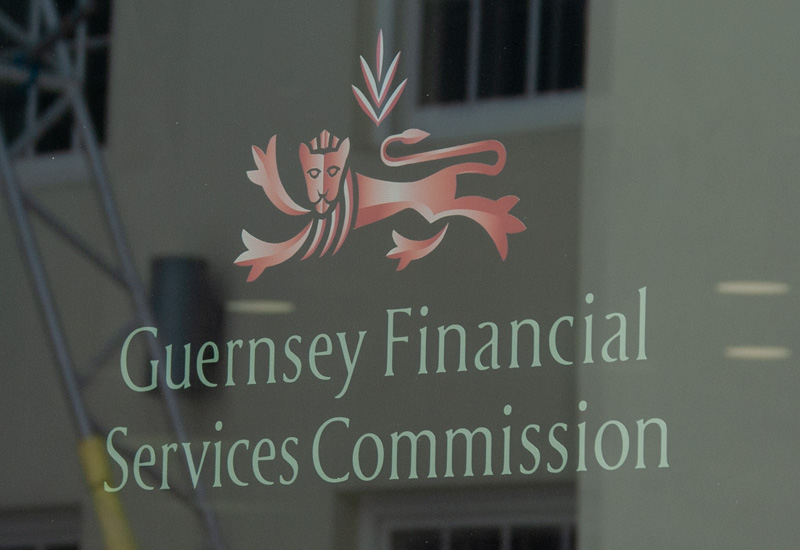


A local private investment company and its Managing Director have been reprimanded by the regulator for “serious” failings which resulted in the firm “being vulnerable to being used to facilitate money laundering and terrorist financing and thereby jeopardizing the reputation of the Bailiwick as an international finance centre”.
Crescendo Advisors International Limited (the Licensee) and Director Hamish Few agreed to settle with the Guernsey Financial Services Commission “at an early stage” following an on-site visit in August 2019 which led to a full investigation at the end of that year.
90% of its clients were deemed to be high-risk wealthy individuals from, or linked to, jurisdictions known to foster money laundering, terrorist financing, bribery, and corruption.
The investigation found that “the Licensee and Mr Few failed to ensure compliance with the regulatory requirements and failed to meet the minimum criteria for licensing” set out within the protection of investors law.
In a public statement, the GFSC said it was imposing a fine of £203,000 on the Licensee, a personal fine of £33,810 on Mr Few and prohibiting him from holding the position of Controller, Director, Money Laundering Reporting Officer, and Money Laundering Compliance Officer for three years and four months.

Pictured: The Commission found that basic procedures to identify the proceeds of wealth had not been observed.
Crescendo, part of a group of companies based in Switzerland, was incorporated in Guernsey in 2008 and until July 2017 it was administered separately by three locally based service providers who offer compliance and MLRO services. Afterwards, it operated as a standalone firm with a physical presence in the island but with outsourced compliance functions.
The GFSC noted that “Mr Few was involved in the administration and latterly the oversight of the day-to-day business of the Licensee throughout his employment with each of the three different administrators from 2008 until August 2015... he joined the Firm’s final administrator in July 2016 and was then appointed Senior Manager of the Firm in December 2016 and has been Managing Director since January 2018. He has also acted as the Firm’s MLRO since March 2019.”.
Crescendo did not conduct or review relationship risk assessments, failed to understand the ownership and control structure of a customer or correctly identify politically exposed persons, and had inadequate corporate governance.
The GFSC found it was reliant on information from relationship managers based in Switzerland who were employed by another company within the group, despite being a licensed investment manager in Guernsey from 2017.
This represented a “rubber-stamping process for investment decisions” which did not effectively identify and manage the source of assets under management which, by its own admission, had a higher risk of being associated with financial crime.
“These issues, which were found to be systemic in the operation of the firm, were reflected in the firm’s failure to comply with regulatory requirements that arise at all stages of the client relationship, from on-boarding to day-to-day management and monitoring,” the GFSC said.
In one instance, a business relationship began with ‘Ms A’ from a high-risk country in 2014. The first risk assessment was only carried out in March 2017, and information obtained in 2020 revealed that “Ms A’s father was an ex-government leader of Country Y – a country known for the prevalence of bribery and corruption, particularly amongst government officials.
“Ms A’s relationship to him meant that she was a politically exposed person (PEP) and the risk that her source of wealth may have come from him – and that these may have been the proceeds of crime – should have been carefully considered by the Firm prior to taking on the business, as well as in the enhanced monitoring and high frequency reviews that are required for a PEP client.”
Other clients were found to be linked to the illegal fishing trade, fraud, tax evasion, and the production and trafficking of drugs which were not initially or subsequently identified within routine risk assessments.

Pictured: Politically exposed persons were not identified within a reasonable timeframe.
It also did not carry out enhanced due diligence, monitor transactions or activity effectively, did not have appropriate anti-money laundering and terrorist financing procedures and failed “to avoid, manage or minmise conflicts of interest”.
Ms A’s ex-husband was found to be the relationship manager working in the group office, but he did not share this information with Crescendo and poor due diligence meant it went unnoticed until 2020.
“This conflict was not properly documented or managed, and he was permitted to make decisions on the client account and was relied upon for information, both at take on of the client and during reviews,” said the GFSC.
In multiple other instances Crescendo did not verify information or explanations about the source of funds for its clients for several years. One company was in receipt of over $200m during the course of its relationship with Crescendo but no due diligence or verification was sought for several years after the business was on-boarded.
High risk clients and adverse media should have resulted in enhanced scrutiny and monitoring, but it was deemed to be ineffective.
“Whilst the Licensee identified that its clients were predominantly high-risk due to the jurisdictions they resided and undertook business in, the Board failed to establish and implement effective policies, procedures and controls to mitigate the risks,” the GFSC added.
“The Licensee did not maintain records of discussions about its consideration of investment strategies or model portfolios, failed to obtain adequate or ongoing information on clients’ investment objectives and failed to execute an effective agreement with the group office regarding the outsourcing of certain services.”
Mr Few was deemed to have not acted with “competence, soundness of judgement, diligence; or with the knowledge and understanding of his legal and professional obligations”.
The local provider for Crescendo’s compliance functions “at no time alerted the Board to any substantial deficiencies or potential regulatory breaches”, but the firm were found to be responsible.
Mr Few and the Licensee cooperated "fully" with the GFSC.
Comments
Comments on this story express the views of the commentator only, not Bailiwick Publishing. We are unable to guarantee the accuracy of any of those comments.